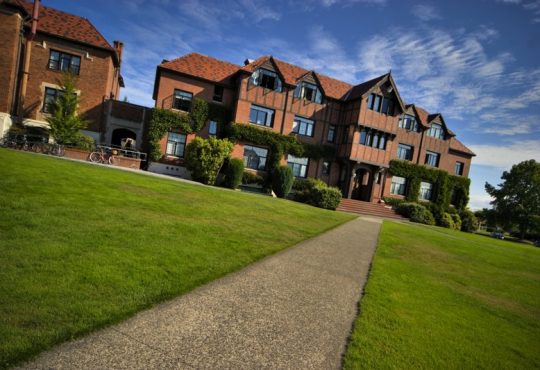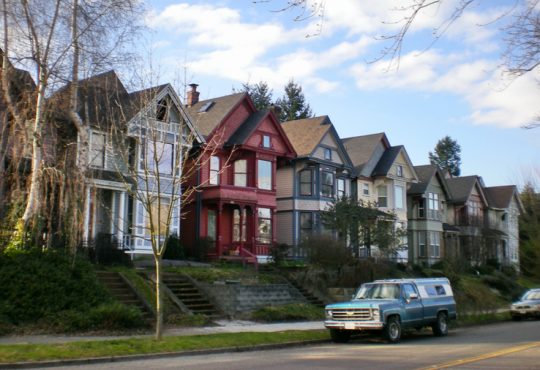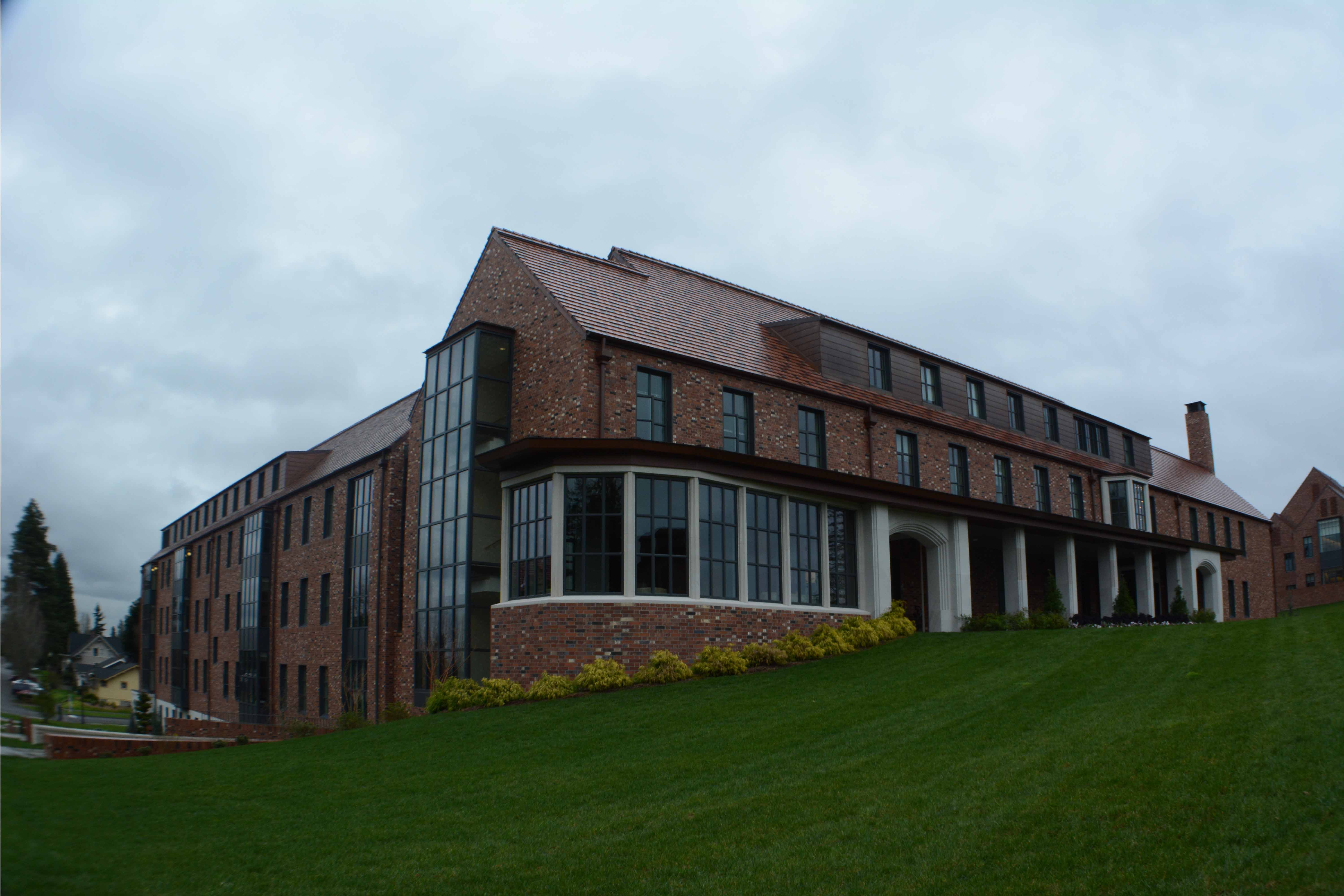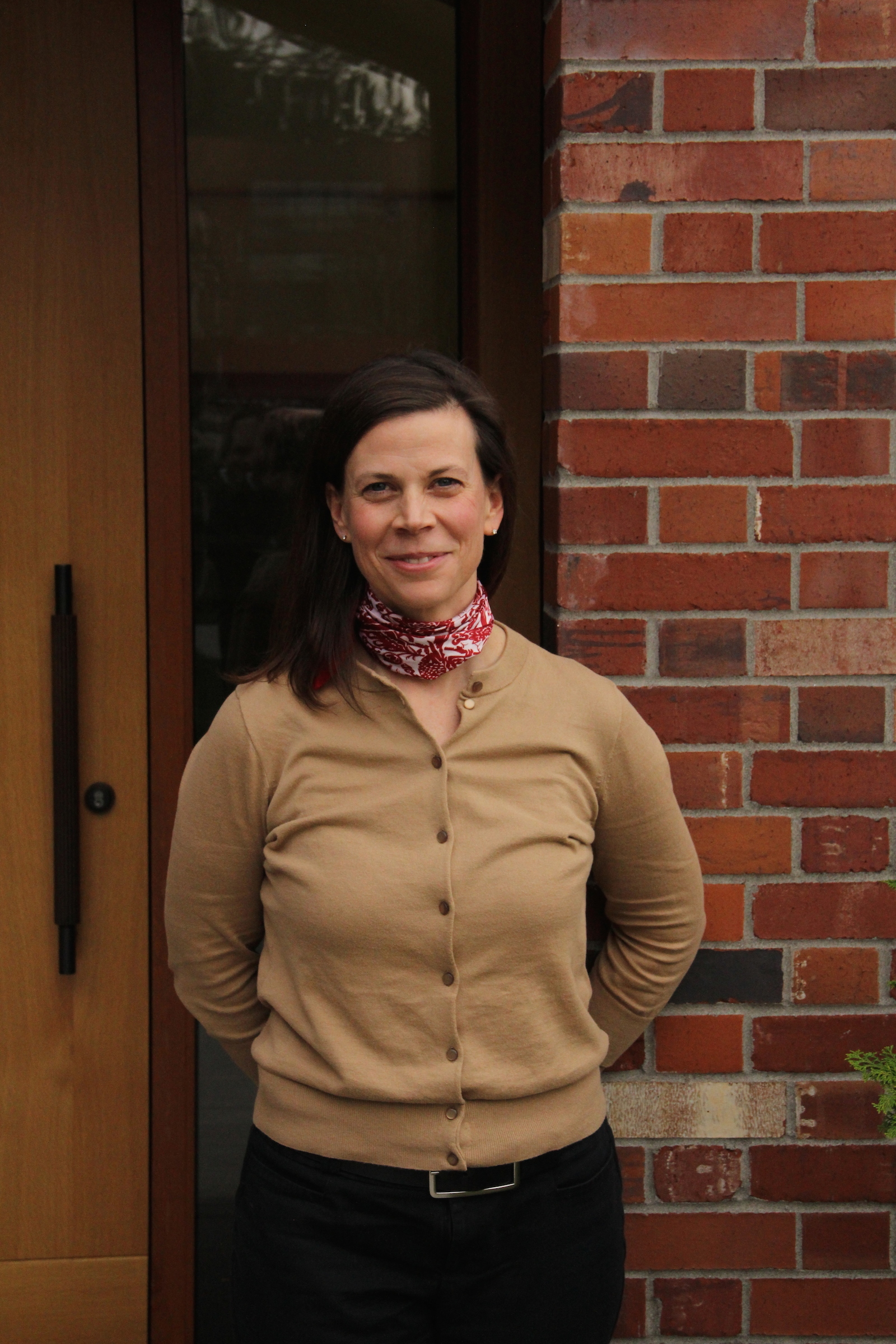
What happens when on-campus housing locks the doors?
Welcome back to campus, Loggers! Hopefully you all enjoyed your breaks and have settled into the new semester well. For those of you who live on campus (especially first-years and sophomores who are mandated to live on campus) settling back in might not have been as easy as it could have been. Just as with any break, many students whose travel schedules and personal lives conflict with the time frame the school provides for being in campus housing struggled to find a place to stay.
There are a litany of reasons students may need to stay late or come back to on-campus housing early. Some students have jobs, either on-campus or off, which require them to be in Tacoma during breaks. For other students, the flights and train tickets home do not become affordable until break has begun. There are also students who have personal issues that make leaving Tacoma over breaks not an option. In addition to those reasons, some students just want to minimize the hecticness that comes with the beginning and end of each semester and would like to have more flexible timing for moving in and out of their houses. These, and the many other reasons that exist, are all valid.
Given that as first-years and sophomores we are required to live on campus, the issue of move-in and move-out is especially compounded. We do not have a choice about staying on campus, yet we still have to follow the move-in and move-out schedule that the school provides.
I understand why this is — having students on campus when the school is not in operation presents a liability issue. Furthermore, over summer break, many residences are used to host various conferences and camps. However, the school can, and ought to, work with students to mitigate the effects of their schedule. Many attempts by students to find flexibility in the rules are unsuccessful.
Security officer and sophomore Kyle Parkhurst talked to me about his experience trying to stay at the university over breaks. In the winter of his first year here, he stayed in Tacoma. Parkhurt’s boss created a proposal to the University that would have allowed security officers to stay in Trimble over the break. This proposal was rejected. This forced Parkhurst to find a place to sublet — no easy task.
“Keep in mind at the time I was 17 with no financial support from my parents, so it was hard to find a place,” Parkhurst said.
The University serves many students who are under the age of 18. Finding places to stay while not legally an adult can be incredibly difficult. Even if found, housing is expensive. Students, often low on cash already, now must absorb the expense of sublets. However, students are already paying to live in their on-campus housing, and that is a hefty cost.
“I think if we’re paying (overpaying to be honest) to live on campus, we should be able to live here year-round,” Parkhurst said. “Especially if we’re working for the University.”
What can the school do? Obviously, allowing all students to stay anywhere on campus over any break presents a multitude of problems. Yet, the University could make it easier on students. They can be more flexible about move-in and move-out dates. Currently, students can get their move-in/move-out dates adjusted only if they hold certain University positions or volunteer to help with closing at the end of spring semester. Neither of these options are long-term — a problem especially prominent in May when students are kicked out of their houses, as most leases around campus do not begin until June 1.
“I was couch-surfing for a couple weeks before I could move in,” Parkhurst said.
If the school is going to require us to live on campus during the school year and then kick us off during the summer, the least they can do is give us a couple weeks of leeway to prevent the need to couch-surf, and not just the few extra days afforded by volunteering to help with residence hall closings.
In the current system, first-year students are given an especially difficult task. Quite simply, many first-years do not have the networks required to find places to couch-surf or sublet. Many of these students do not know anybody off-campus who they can stay with or who can help guide them in the confusing student-housing market.
Like Parkhurst, I had to find a place to couch-surf between being kicked out of the dorms and my lease beginning. I was incredibly lucky for two reasons. One, I was able to go visit my parents for part of the time I had no place to stay. Thankfully, my various on-campus jobs were flexible about my work schedule and allowed this. Secondly, a co-worker who happened to overhear me talking about not having a place to stay offered me a spot in her house while she was on vacation.
Students should not have to rely upon the luck of knowing someone who will let them stay at their house before leases begin.
This issue is not just relegated to the summer either; students who stay in Tacoma over winter break face the same issues of trying to find a place to sublet or friends to couch surf with over the month-long break. Students whose travel dates do not line up exactly with the residence halls’ opening and closing dates are also forced to couch-surf.
No other housing situation would force tenants to move in and out on average every four months. If the University wants us to feel at home, students should not be left without housing.




